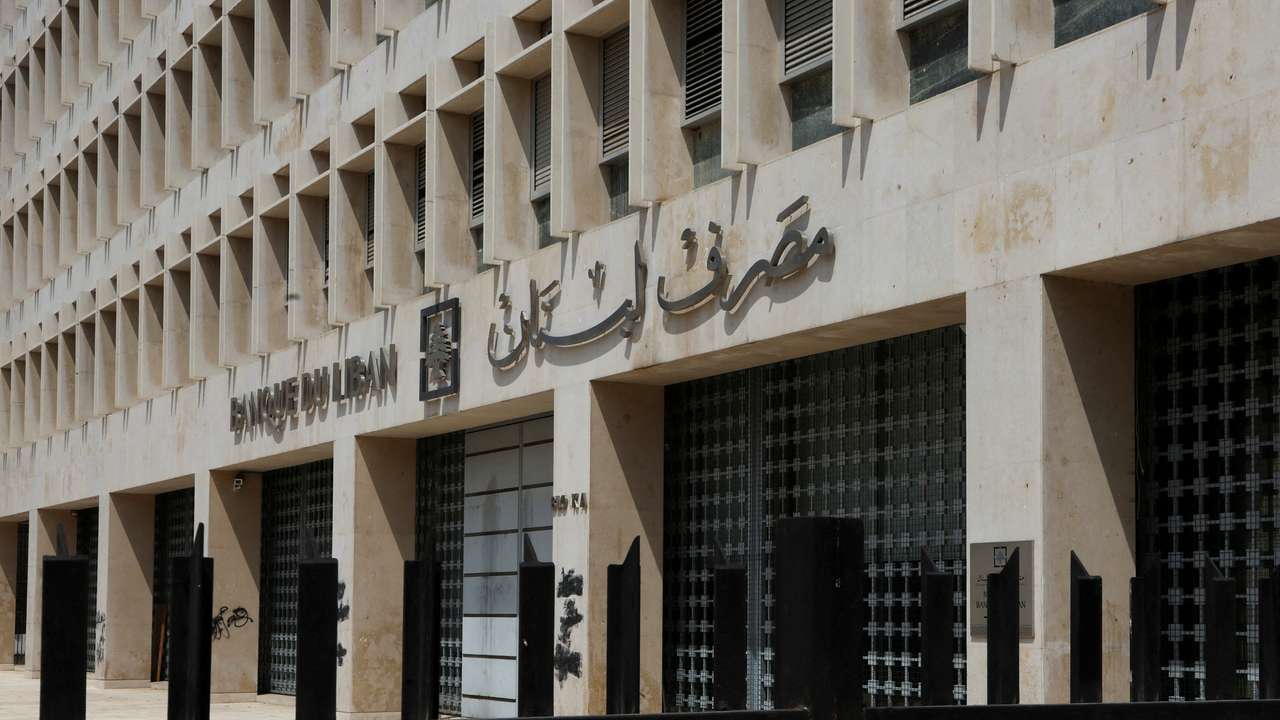Can Beirut's commercial sector truly rebound amid chaos?

In the heart of Lebanon's commercial sector, Beirut Souks stirs up expectations of commercial revival. However, against a backdrop of economic challenges, political deadlocks, and a tragic explosion that transformed the area into a ghost town, questions arise about the realism of these optimistic expectations.
Lebanon's economy has weathered a storm of multi-year challenges, including hyperinflation, currency pressures, and a systemic failure of its banking system. The 2020 Beirut port explosion transformed Beirut Souks, once a bustling commercial district, into a desolate ghost town, leaving visible scars that persist almost four years later.
Beyond the financial crisis, Lebanon finds itself entangled in regional geopolitics. Ongoing conflicts, notably the Israel-Hamas war and escalating tensions along the Lebanon-Israeli border contribute to the country's instability, with fears of war spillover intensifying.
Yet, against this tumultuous backdrop, Beirut Souks is poised for a revival, with plans for over 180 shops to open by July 2024. "We are in the midst of a phased re-launch, with commitments on over 90% of Beirut Souks’ leaseable space. The gradual opening of stores will commence in the second quarter of 2024, aiming for close to 100% occupancy by summer," Beirut Souks's General Manager, Adib Al Nakib, told GSW.
The United Nations' World Economic Situation and Prospects (WESP) 2024 report outlines several challenges. Despite a vibrant tourism season and robust remittance flows, Lebanon's GDP contracted by 0.2% in 2023, and inflation skyrocketed from 171.2% in 2022 to 230.4% in 2023.
While the outlook for 2024 and 2025 hints at a potential economic recovery with expected growth rates of 1.7% and 3.8%, respectively, concerns linger, particularly regarding inflation, projected to remain elevated at 78.1% in 2024 and 30.7% in 2025.
"Beirut's souks are part of the economy. While the heart of Beirut has a distinct advantage, it's not clear that its souks can develop independently. A healthy economic recovery is only possible within the framework of a regional agreement, as was the case at the end of the civil war in the 90s," Economics professor Jassem Ajaka said in an exclusive interview with GSW.
Ajaka also underscored the challenges facing potential investors, including consumer purchasing power and country risk levels. "If the country emerges from political chaos, Beirut's souks would be a favourite choice for investors," he added.
Lebanon's economy is thus greatly dependent on the political landscape and geopolitical interference.
"We acknowledge the challenging external factors that may impact our anticipated launch. As significant contributors to the economic landscape in the area, we have implemented various measures to create a positive environment for investments and have shown adaptability to changing needs and challenges. However, it is essential to recognize that complete insulation may not be achieved," Al Nakib noted.
Analysts, lawmakers, and officials suggest that the prevailing political paralysis is diminishing prospects for crucial reforms that could attract foreign support and prevent social unrest. Ongoing political divisions continue to hinder the formation of an executive authority capable of implementing reforms or reaching an agreement with the International Monetary Fund (IMF) and donor countries.
In 2022, Lebanon agreed to $3 billion in financing from the IMF, contingent upon the implementation of key measures to address its financial crisis. The outgoing cabinet also approved a revised financial recovery plan during that period.
However, these developments have been eclipsed by the enduring political deadlock and banking sector opposition to the proposed plan. As of today, one of the world's most severe financial crises is still ongoing.
"No sustainable recovery is possible in the current political and geopolitical context. Political power needs to break the deadlock it is in: elect its president, form a government, mitigate political conflicts, and begin economic reforms. It's the only way!" Ajaka emphasized.
As Lebanon grapples with multifaceted challenges, Beirut Souks stands at the crossroads of hope and realism, navigating a delicate balance between economic revival and the broader geopolitical context.